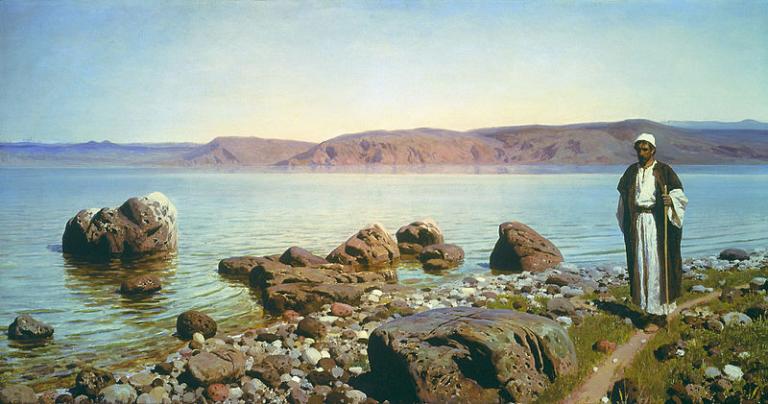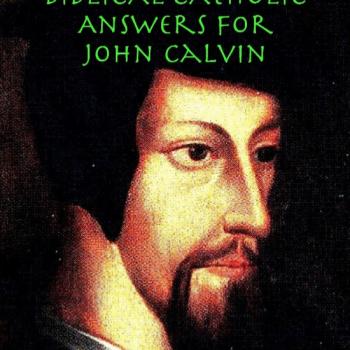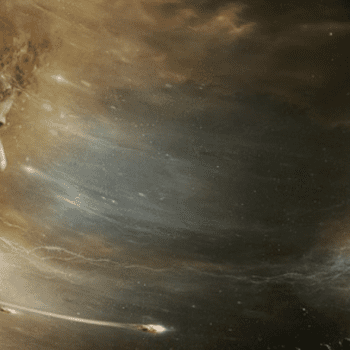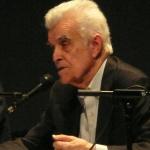
It’s a limited point — it proves no point of anybody’s religious doctrine true — but it’s a point that sometimes needs to be made.
So, as further evidence of the fact that first-rate scientific competence and understanding isn’t intrinsically incompatible with thoughtful religious faith, I offer the example of Charles H. Townes, who shared the 1964 Nobel Prize for Physics and who died in 2015, just a few months short of his hundredth birthday. (How many Nobel laureates live for fully five decades after winning their prize? There can’t have been many, if, in fact, there have been any at all.)
Anyway, here are a couple of items about Dr. Townes, whom I had the privilege of hearing a number of years ago at BYU when he addressed the subject of the relationship between his science and his religious belief:
http://www.csmonitor.com/2005/0310/p12s02-lire.html
***
“I would say the universe has a purpose. It’s not there just somehow by chance.” (Roger Penrose, Rouse Ball Professor of Mathematics Emeritus, Mathematical Institute, University of Oxford; mathematical physicist and philosopher of science; co-winner, with Stephen Hawking, of the 1988 Wolf Prize in physics)
***
It seems obvious to me that, in a society dominated to a large extent by technology, non-scientists ought to have at least a nodding acquaintance with basic science and with minimally the rudiments of what’s going on at today’s scientific frontiers.
Back in 1959, the English physical chemist and novelist C. P. Snow (or, as he was later titled, Baron Snow), delivered a very famous lecture that was eventually published as The Two Cultures. Here’s a well-known passage from it:
“A good many times I have been present at gatherings of people who, by the standards of the traditional culture, are thought highly educated and who have with considerable gusto been expressing their incredulity of scientists. Once or twice I have been provoked and have asked the company how many of them could describe the Second Law of Thermodynamics. The response was cold: it was also negative. Yet I was asking something which is the scientific equivalent of: Have you read a work of Shakespeare’s?
“I now believe that if I had asked an even simpler question — such as, What do you mean by mass, or acceleration, which is the scientific equivalent of saying, Can you read? — not more than one in ten of the highly educated would have felt that I was speaking the same language. So the great edifice of modern physics goes up, and the majority of the cleverest people in the western world have about as much insight into it as their neolithic ancestors would have had.”
I recommend the Scientific American website. Endless supplies of interesting stuff, in a whole range of subject areas:
http://www.scientificamerican.com
Posted from Tiberias, Israel
















